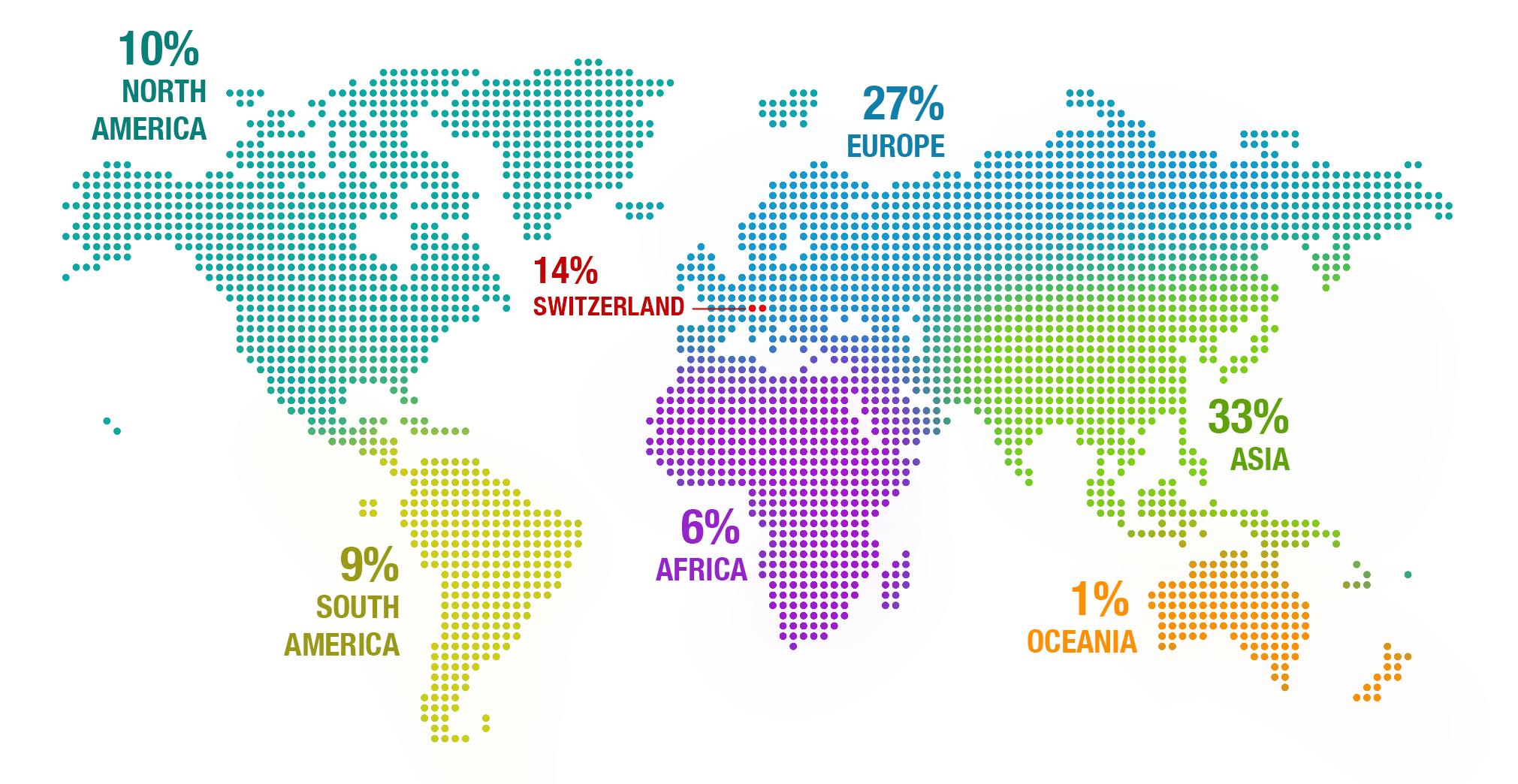YOUR GATEWAY TO GLOBAL ECONOMIC POLICY CAREERS
The Master in International Economics at the Geneva Graduate Institute offers a unique blend of rigorous academic training, real-world policy exposure, and unparalleled networking opportunities. Our program is specifically designed to prepare you for high-impact careers in international economic policy organizations, as well as for roles where a strong understanding of economics and economic policy is crucial, such as quantitative analysis, consulting, and advanced academic pursuits..
Our two-year program is structured to provide a comprehensive foundation in economics while allowing for specialization in your area of interest. In the first year, you will complete six core courses covering advanced microeconomics, macroeconomics, and econometrics. The second year offers the flexibility to design your own path, culminating in a master's thesis. Throughout the program, you will engage in policy-oriented research and are encouraged to collaborate with international organizations. The specialized knowledge and analytical skills you gain will equip you to address complex global economic challenges, contribute to policy discussions, and drive positive change in areas such as international trade, development, and sustainable finance.
PROGRAM STRUCTURE
- Duration: 2 years (4 semesters)
- Core Curriculum: 6 foundational courses (2 semesters each of microeconomics, macroeconomics, and econometrics)
- Specialized Courses: 5-7 elective courses:
- International Finance and Macroeconomics
- International Trade
- Development Economics
- Sustainable Finance and Development
- Practical Applications: Policy-oriented projects and case studies
- Thesis: In-depth research paper in your final semester
- Math Bootcamp: Intensive refresher course before the first semester




